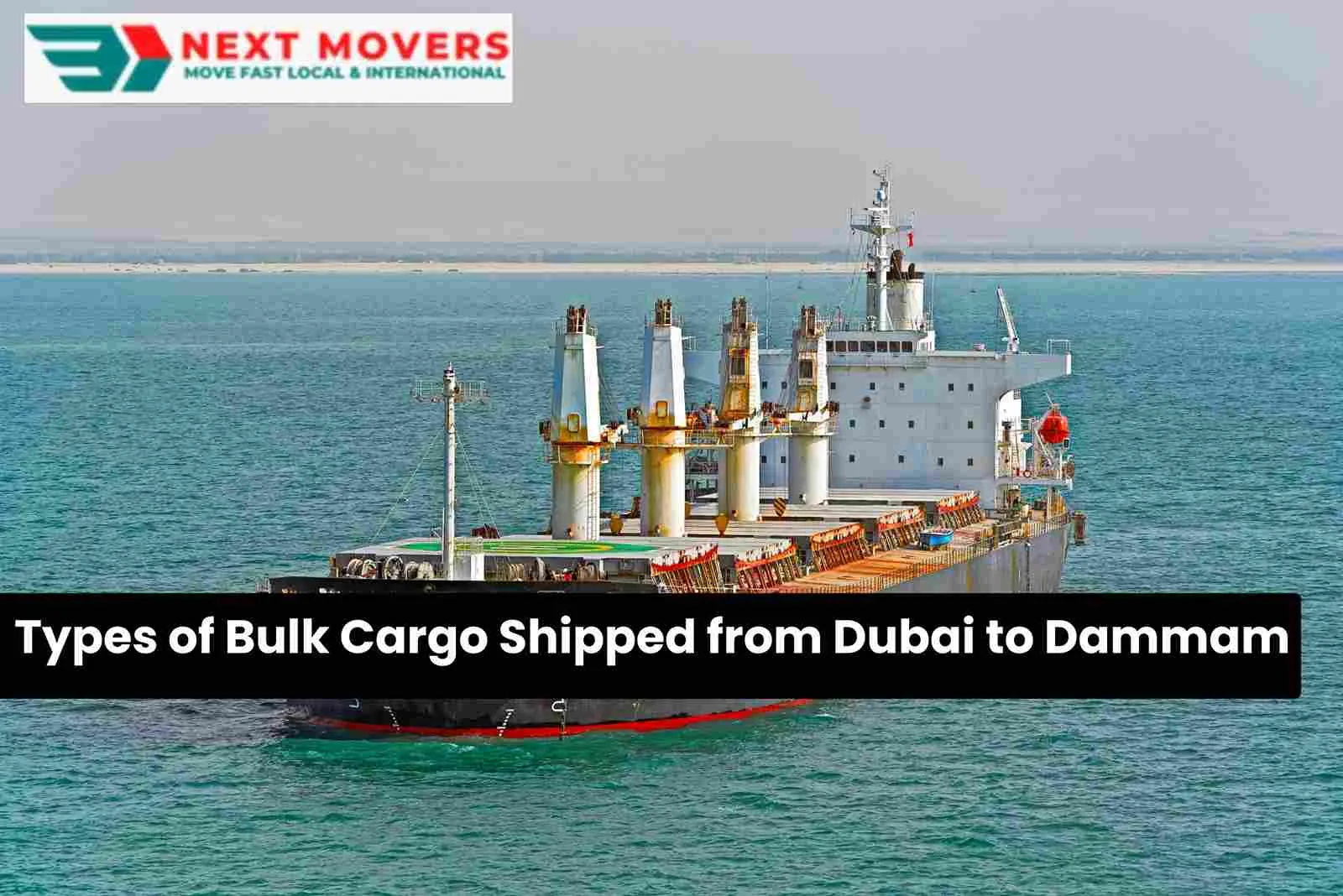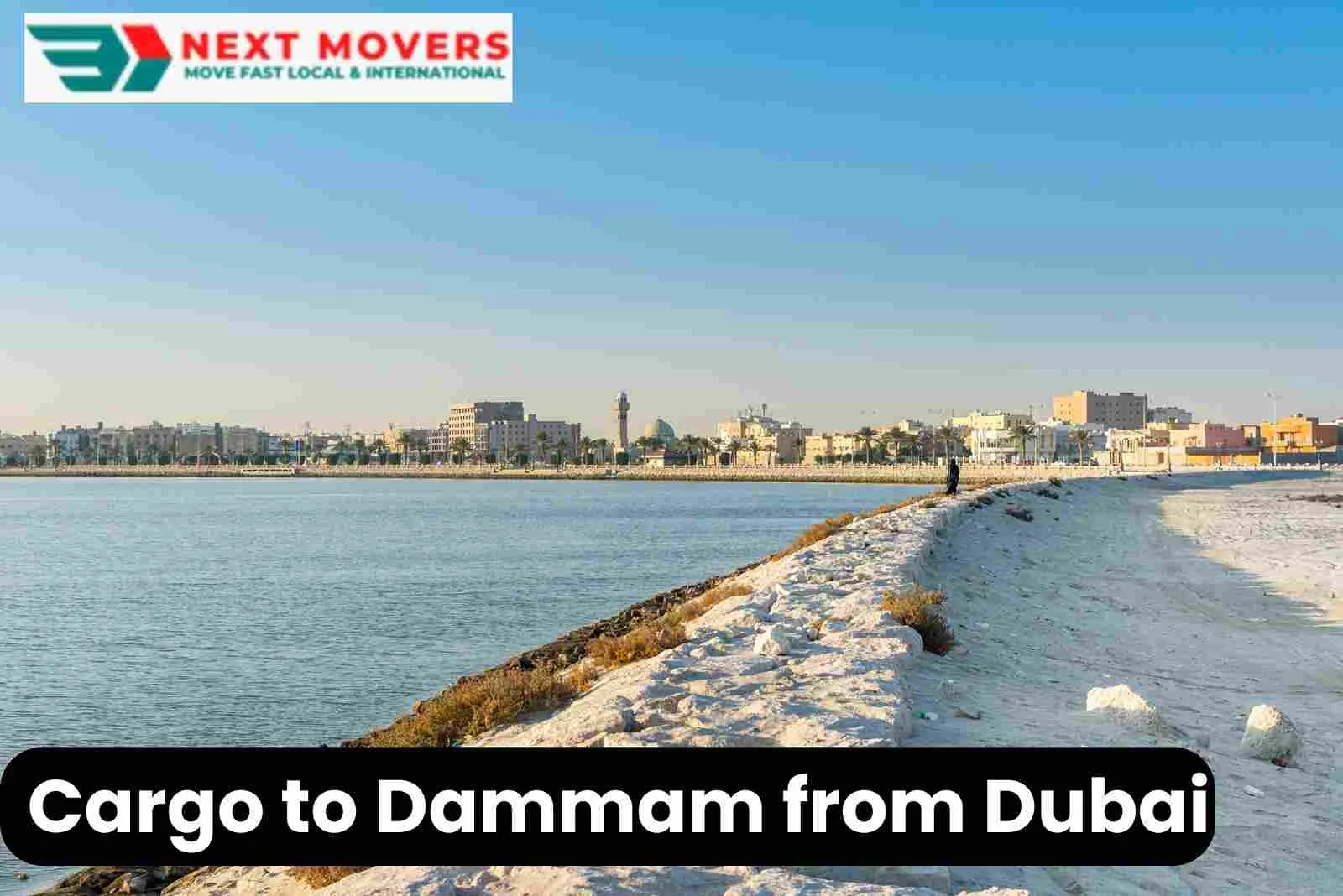Bulk Cargo to Dammam from Dubai: Complete Guide for Efficient Shipping
Bulk cargo transportation plays a vital role in the trade relationship between Dubai and Dammam, two of the busiest commercial hubs in the Middle East. Shipping bulk cargo efficiently requires strategic planning, knowledge of customs regulations, and collaboration with reliable freight companies. Whether you are transporting industrial materials, raw goods, or specialized bulk shipments, this guide will provide in-depth information on bulk cargo services from Dubai to Dammam.
Why Choose Bulk Cargo for Shipping to Dammam?
Bulk cargo shipping is the preferred method for businesses dealing with large volumes of goods. Here are some key reasons why bulk cargo is advantageous for shipping to Dammam:
1. Cost-Effective Transportation
- Shipping in bulk reduces overall transportation costs.
- Lower per-unit shipping costs compared to small parcel shipping.
- Saves money on packaging materials since bulk cargo is often transported loose.
2. Efficient for Large Shipments
- Ideal for transporting commodities like chemicals, oil, grains, and construction materials.
- Requires specialized handling and storage, ensuring safety and efficiency.
3. Streamlined Customs Clearance
- Many bulk cargo shipments qualify for simplified customs procedures.
- Customs brokerage services can help reduce delays and avoid penalties.
Types of Bulk Cargo Shipped from Dubai to Dammam

Bulk cargo can be categorized into different types based on its nature and handling requirements:
1. Dry Bulk Cargo
Dry bulk cargo consists of materials transported in large quantities without packaging. Examples include:
- Construction materials: Sand, gravel, and cement.
- Grains and food products: Wheat, rice, and sugar.
- Industrial minerals: Coal, salt, and limestone.
2. Liquid Bulk Cargo
This includes liquids transported in tankers or specialized containers. Examples include:
- Petroleum products: Crude oil, gasoline, and diesel.
- Chemical cargo: Industrial chemicals and cleaning agents.
- Edible liquids: Cooking oil, palm oil, and juices.
3. Breakbulk Cargo
- Goods that are too large to be shipped in standard containers.
- Includes machinery, steel beams, and heavy equipment.
Shipping Routes and Transport Modes
There are multiple ways to transport bulk cargo from Dubai to Dammam. The most efficient modes include:
1. Sea Freight: The Most Cost-Effective Option
- Main Ports: Jebel Ali Port (Dubai) and King Abdul Aziz Port (Dammam).
- Benefits: Large capacity, lower costs, and safe transportation for bulk commodities.
- Transit Time: Typically 4-7 days, depending on weather and customs clearance.
2. Road Freight: Fastest Delivery Option
- Primary Route: Dubai → Abu Dhabi → Saudi Border (Batha Crossing) → Dammam.
- Benefits: Faster transit times (2-3 days), direct delivery, and flexible scheduling.
- Best For: Perishable goods, urgent shipments, and smaller bulk loads.
3. Air Freight: For Urgent Bulk Cargo
- Departure Airport: Dubai International Airport (DXB).
- Arrival Airport: King Fahd International Airport (DMM).
- Benefits: Fastest transit time (1-2 days), but expensive.
- Best For: High-value bulk cargo like electronics and pharmaceuticals.
Customs Clearance and Documentation for Bulk Cargo
Shipping bulk cargo requires compliance with UAE and Saudi customs regulations. The following documentation is essential:
1. Key Documents for Bulk Cargo Shipping
- Bill of Lading (BOL): Confirms shipment details.
- Commercial Invoice: Lists cargo value, quantity, and seller-buyer details.
- Packing List: Provides information on cargo contents.
- Certificate of Origin: Confirms the cargo’s country of manufacture.
- Import Permits (if required): For restricted or regulated goods.
2. Saudi Arabia’s Customs Duties & Taxes
- Import duty varies based on product type (5%-15%).
- VAT of 15% is applicable to most goods.
- Certain goods, such as food and medical supplies, may be exempt from duties.
3. Saudi Border Crossing Points
- Al Batha Border (UAE to Saudi Arabia): Major land route for road freight.
- Dammam Port Customs: Handles all sea cargo clearances.
Working with experienced customs brokers can help streamline the process and prevent unnecessary delays.
Choosing a Reliable Bulk Cargo Service Provider

Selecting the right logistics provider is crucial for efficient shipping. When selecting a shipping business, take into account the following factors:
1. Experience & Reputation
- Choose a provider with a proven track record in bulk cargo shipping.
- Check customer reviews and testimonials.
2. Fleet & Equipment Availability
- Ensure the company has the necessary tankers, containers, or bulk carriers.
- Specialized equipment for handling hazardous or perishable bulk goods is a must.
3. Customs Expertise
- An experienced company can manage customs clearance efficiently.
- They should offer customs brokerage services to handle paperwork.
4. Competitive Pricing
- Compare rates and services offered by different shipping companies.
- Look for transparent pricing with no hidden fees.
Problems with Shipping Bulk Cargo and Solutions
Despite its benefits, bulk cargo transportation comes with challenges. Here’s how to address them:
1. Delays Due to Customs Clearance
- Solution: Hire a customs brokerage service to handle paperwork efficiently.
2. Cargo Damage During Transit
- Solution: Use high-quality packaging and secure bulk cargo in specialized containers.
3. High Shipping Costs
- Solution: Plan shipments in advance to secure lower freight rates.
4. Regulatory Changes
- Solution: Stay updated with trade regulations between UAE and Saudi Arabia.
Future of Bulk Cargo Shipping Between Dubai and Dammam
With ongoing investments in logistics infrastructure, bulk cargo transportation is expected to become even more efficient. Future trends include:
- Smart Port Development: Jebel Ali and Dammam ports are investing in automation.
- Eco-Friendly Shipping Solutions: Use of LNG-powered ships to reduce emissions.
- Blockchain in Shipping: Enhanced tracking and transparency for bulk cargo shipments.
Conclusion
Bulk cargo shipping from Dubai to Dammam is a critical component of regional trade. Whether you are transporting construction materials, petroleum products, industrial chemicals, or food commodities, choosing the right logistics provider, understanding customs regulations, and selecting the best transport mode will ensure a smooth shipping process. By partnering with Next Movers, businesses can benefit from reliable, cost-effective, and efficient bulk cargo solutions, ensuring safe and timely delivery across the UAE-Saudi trade corridor.




